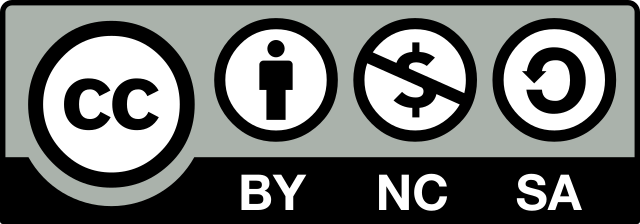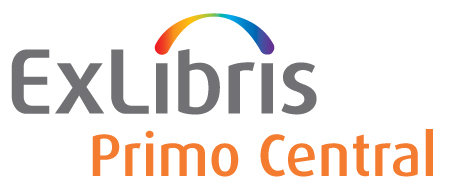Abstract
Objective The aim of the present study was to compare the clinical outcome of discectomy alone with discectomy and fusion in the treatment of recurrent lumbar disc herniation. Background Lumbar disc herniation is one of the most common spinal conditions and causes widespread medical problems. The management of recurrent disc herniation remains somewhat controversial. Surgical treatment for recurrent disc herniation can be broadly categorized as revision discectomy alone or revision discectomy and fusion. Patients and methods Fifty patients (35 M, 15 F) with an average age of 45.9 years (range: 31-60 years) were retrospectively and prospectively evaluated. All patients underwent discectomy (n = 22) or discectomy and fusion (transpedicular screws with or without interbody fusion) at Menoufia University Hospitals, from January 2011 to April 2014 (minimum 12-month follow-up). The clinical and radiographic results were compared between the two groups. Clinical outcome was assessed using the visual analogue scale (VAS) and the Oswestry disability index. Results In comparison with the discectomy group, the discectomy and fusion had significantly lesser VAS (leg pain), VAS (back pain), and lesser Oswestry disability index during the follow-up period postoperatively. Complications included cases of seven small dural tear in the discectomy group. There were four cases of dural tear and two cases of superficial wound infection in the discectomy and fusion group. One case of hardware failure was observed in the discectomy and fusion group. Conclusion In cases of recurrent lumbar disc herniation, the clinical outcome is better when the patients were operated by using discectomy and fusion rather than using discectomy alone.
Article Type
Original Study
Recommended Citation
Hanafy, Adel; Azab, Ahmed; Ammar, Ahmed Sh.; Elsesy, Alaa A.; and Elsanafiry, Mohamed S.
(2016)
"The role of instrumented fusion in the management of recurrent lumbar disc herniation,"
Menoufia Medical Journal: Vol. 29:
Iss.
3, Article 31.
DOI: https://doi.org/10.4103/1110-2098.198747

 Attribution-NonCommercial-ShareAlike 4.0 International (CC BY-NC-SA 4.0)
Attribution-NonCommercial-ShareAlike 4.0 International (CC BY-NC-SA 4.0)



